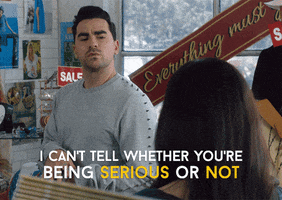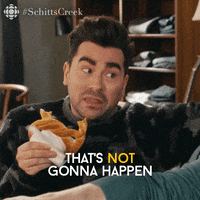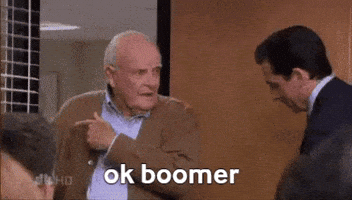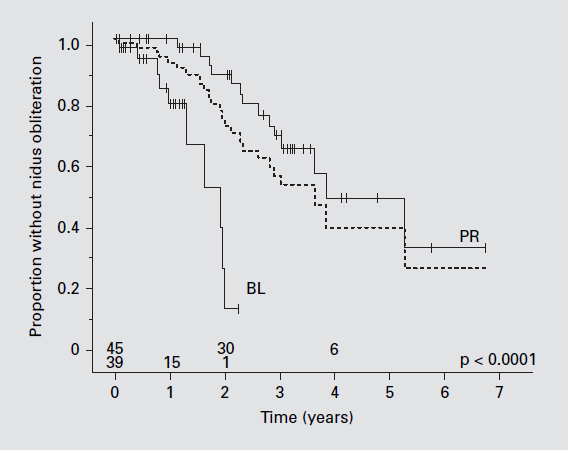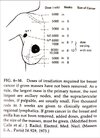Ah, I don't normally respond to trolls, let alone banned ones, but this is hilarious.
1) I would like to point out the use of the word "could" here, as in, past tense, as in, once upon a time.
2) In that sense, I agree! The Boomers who are currently in their mid-60s generally graduated residency between 1985-1990.
3) So let's evaluate this statement in the spirit of a Constitutional Scholar and Originalist Theory:
- The Soviet Union still existed
- There was no internet
- There were no NCCN guidelines
- There was no QUANTEC...
- Actually, there wasn't even Emami yet either
Here's a great slide from an AAPM presentation:
View attachment 364410
Oh, here's a Gilbert Fletcher article about breast cancer from 1985:
View attachment 364411
He's citing his own work from earlier in his career, giving breasts 100Gy over 12 weeks. Instead of saying "breast is the worst", he keeps it classy and cites "The Enigma of Breast Cancer".
So, sure - for their time, Boomers
could manage a patient as a physician. But like...are we supposed to consider that impressive? I think the required pre-med courses I took covered topics learned only in some obscure Fellowship back in the day.
Problem is: having an impressive amount of knowledge in 1985, heck, top 1% knowledge among medical doctors at the time, wouldn't be enough to pass Step 1 today.
And I know many of them who "locked in" with their 1985 genius-level knowledge to continue practicing to this day...without cracking a textbook since before the Challenger exploded.

